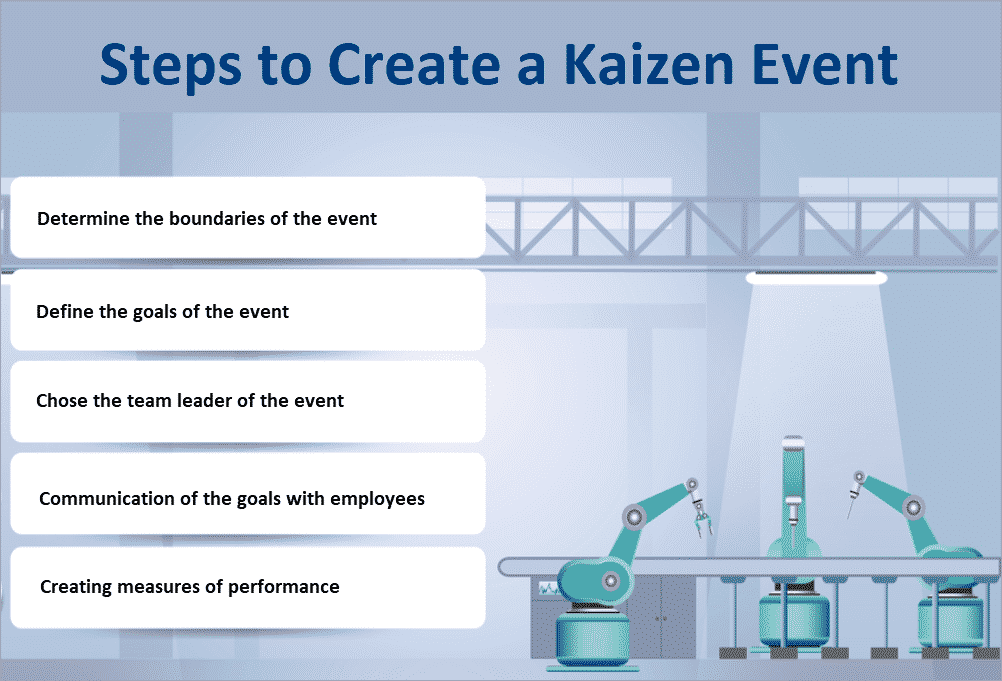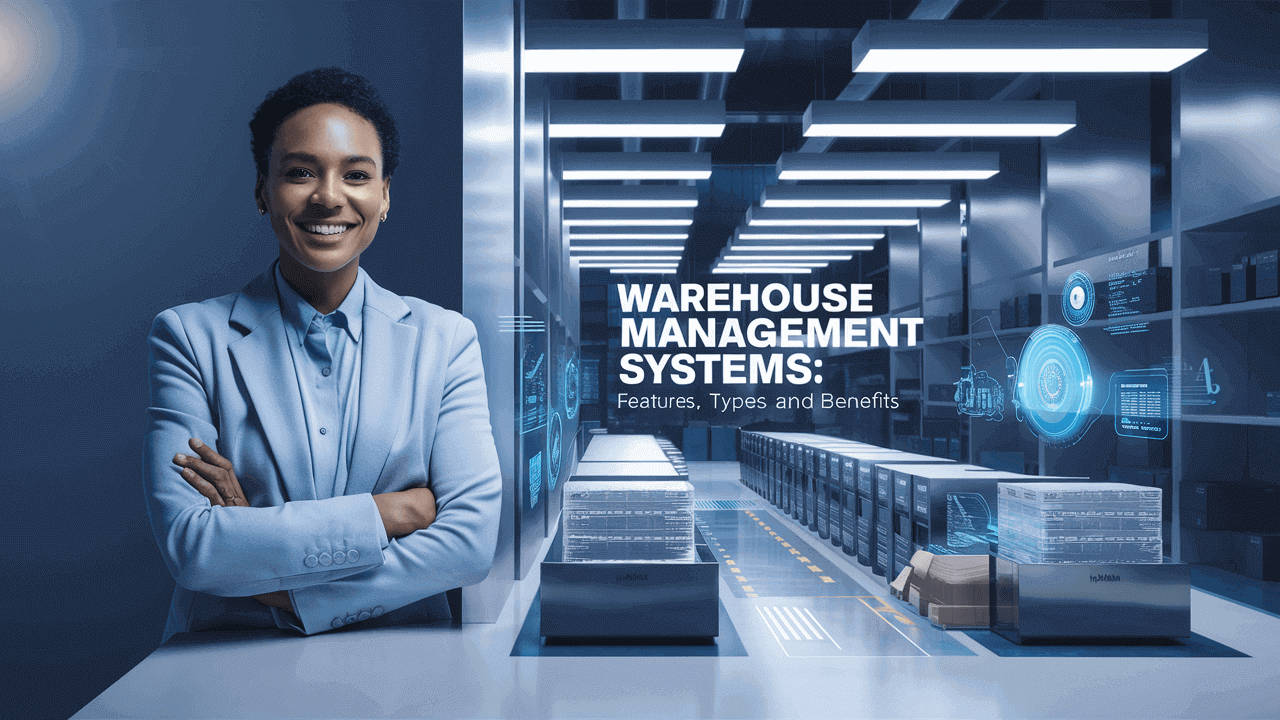Business organizations that focus on continuous improvement and build a culture of quality development throughout the business processes are aware of Kaizen Events. These are designed to further improve an existing business process. Kaizen Events involve all employees, managers, and leaders of the organization to form the process improvement plans and ensure that these plans are then implemented properly.

Jump ahead to
Brief Introduction of Kaizen
Quality management professionals will know that Kaizen is derived from two Japanese words, where “kai” means change and “zen” means good or for the better. Thus, we can observe from its meaning that the main purpose of “Kaizen” is to make changes for the better of the business. These changes are not just temporary adjustments to the business processes, but major changes that affect the entire business enterprise in a good way. Kaizen represents the continuous improvement approach of Lean and Six Sigma. It ensures that the culture of quality development and continuous improvement is maintained and sustained within the business for a long time.
What is a Kaizen Event?
A Kaizen Event expands the idea of Kaizen by bringing together all the stakeholders, managers, and employees involved in the process improvement of a particular product or service. The focus of the event is limited to a specific process only. Thus, the managers, executives, and stakeholders can concentrate on one process at a time. They can discuss the problems with the process, steps to rectify the problems, planning improvement strategies, reducing errors, etc. during these events. Here, employees feel involved in the problem-solving and decision-making process along with their managers and leaders. This helps in creating a feeling of empowerment among the employees as well. Kaizen Events do not have a time limit; however, they typically last for four to five days.
When to use Kaizen Events?
Any process which has a low sigma score or has performed badly in terms of quality output needs improvement. Kaizen Events can be conducted by organizations new to the Six Sigma methodology to understand the importance of continuous improvement and improving the business processes. These events can be held regularly and lasts for a few days. Thus, ensuring that the quality improvement culture of Kaizen is followed and maintained throughout the organization.
When productivity is poor and it is important to find innovative tactics to increase productivity, firms might conduct Kaizen Events. These events are an efficient way to engage stakeholders, managers, and employees to the greatest extent possible in establishing and accomplishing objectives. Though mainly used in manufacturing and other production-focused industries, a Kaizen Event will be beneficial regardless of the nature of the industry.
Kaizen Event Steps
So far, we have discussed the importance and uses of Kaizen Events. Now we can move on to the steps involved in planning and creating a Kaizen Event. A successful Kaizen Event needs a strong team leader and a uniform agenda. Here are five things that should be a part of every Kaizen Event:
Determine the boundaries of the event
This stage entails selecting the participants and place for the Kaizen Event.
Define the goals of the event
An important step in every Kaizen Event is to define the goals of the event. This includes the process or area that needs improvement as well.
Chose the team leader of the event
A team leader plays an important role in a Kaizen Event. They need to have strong leadership values and must understand the objectives of the event clearly.
Communication of the goals with employees
Communicating with the employees is essential as they must be aware of the Kaizen Event especially if it concerns their department or process.
Creating measures of performance
Before organizing a Kaizen Event, it is essential to have a clear understanding of the process and the need to improve it. Measurements of the process’s performance can be collected to show at the event. This will also help in adjusting the performance against the required values.
Kaizen is an important Lean tool used in Six Sigma projects of organizations across the world. Conducting Kaizen Events will further enhance the organization’s efforts at improving its business processes and build a culture of continuous quality improvement. These events will increase the overall productivity of the organizations as well as empower employees so that they feel involved in the growth of their organizations.
Conclusion
Therefore, we can conclude that Kaizen Events are an essential component for any business enterprise whose main objective is to maintain and sustain continuous improvement. Failure to conduct Kaizen Events will create a lack of understanding between the stakeholders, managers, and employees, which in turn will affect the quality improvement process. Kaizen Events provide a valuable source of information on process performance, objectives of the process, and the required goals of the business from the process. Thus, conducting a kaizen event at the right time and regularly is an important factor in building a culture of continuous improvement.



